Development: Western aid competes with local NGOs
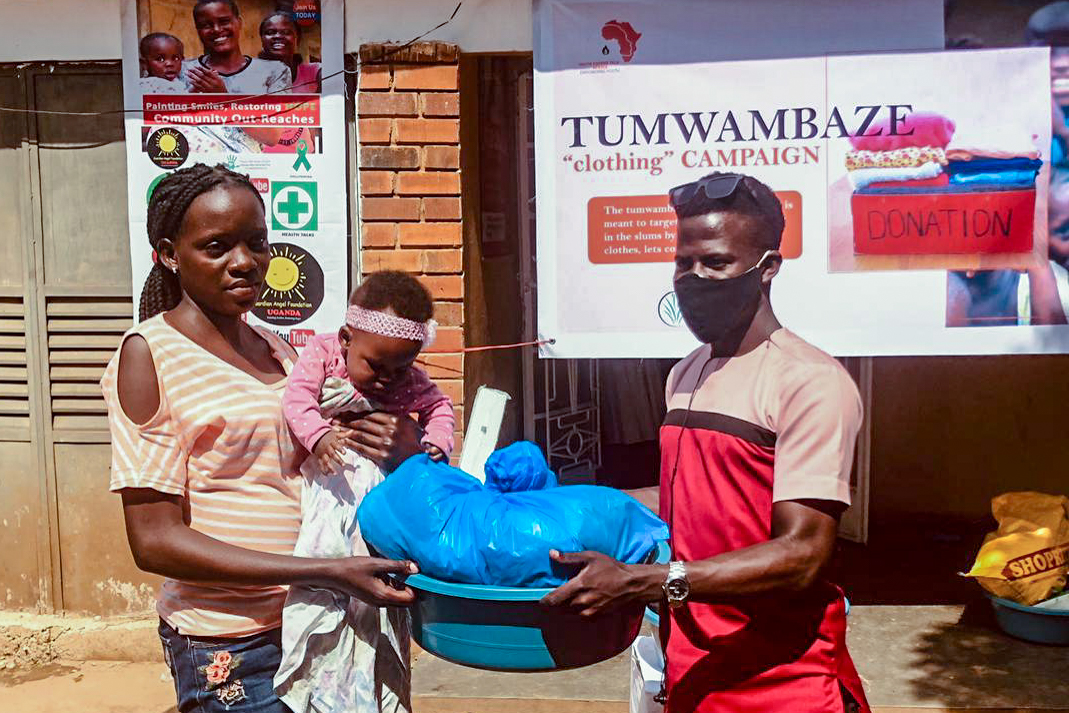
In developing countries, NGOs supported by local people are well aware of their assistance needs. However, they often have to bow to Western humanitarian NGOs. A subject in which Switzerland shows a very progressive vision.
This content was published on Oct 19, 2021 – 09:00
At the age of thirteen, Bwita encounters Agri Jacob and Frieda, two young Swedish men passing through Jinja, a town in southeastern Uganda on the slopes of Lake Victoria. “They did not have the money to pay a guide to take them to visit the city,” recalls Bawata, who, without hesitation, offered to take them around. All he wanted in return was to “make sure they’d be friends.” So they exchanged phone numbers.
A few weeks later, Boita Agri received an SMS from Sweden. Jacob and Frida discussed his case with friends and family and decided to raise money to secure the boy’s studies. “I was very excited,” Bawata told SWI swissinfo.ch in writing.
Later, Jacob returned to Uganda to help Bwita Agri in opening a bank account. He also gave him the following advice: “Your future is yours. Only you can decide how to spend the money we will send you. If you use it for your studies or spend it with your friends, it will be a personal choice. But do not let us down.”
Help via social media
Today, Bwata Agri is 21 years old and she can be very proud of what she has achieved. In addition to being an emerging fashion star in Uganda marketing his own brand, he has also founded the platform “Youth Coffee Talk Africa”, which seeks to “empower” youth through technology, entrepreneurship and entertainment. Bawatah Agri also encourages young people to volunteer in their communities.
The results speak for themselves: During the lockdown caused by the global health crisis, his NGO provided sanitary napkins to more than a thousand girls in Uganda’s slums. He also collected clothes. From Instagram and YouTube, “Youth Coffee Talk Africa” Educating young people about the importance of wearing masks and advising them in case of illness. It also organized on social media a campaign to prevent early pregnancy.
“Jacob and Frida encouraged me to work and gave me confidence,” he says, adding that “thanks to the financial discipline I learned, from the age of 13 I started budgeting and prioritizing (how to spend) the money sent from Sweden.”
Impact on local initiatives
Bwita Agri’s adventure shows that local initiatives can be a valuable alternative to all the aid offered by the West. Lesson learned: Instead of welcoming “white saviors” from outside, Southerners can also become heroes in their own stories.
For Anglo-Nigerian political scientist Faye Ekong, who spent her childhood in Ghana but now works as a corporate consultant in Kenya, these kinds of local initiatives are complementary to traditional development aid. But he identifies a problem: “From the moment the international assistance mechanism starts, all these domestic initiatives are eliminated,” he explains and compares the situation to the absolute dominance that Walmart enjoys in the United States. “When that supermarket opens a branch, convenience stores go bankrupt.”
For Faye Ekong, international aid should support local efforts, rather than always launching new projects. “In Africa, we are seeing tremendous progress in record time thanks to social entrepreneurship. Indigenous peoples invest in their communities, they know what they need and they trust them. This avoids endless procedures and reports.” Progress is also more sustainable. On a voluntary basis, people take responsibility more easily on these projects. Of course, this is not the only way to provide development assistance, but it is a useful complementary method that deserves our attention.
Swiss funds for everyone
Switzerland is the only country that adheres to WTO guidelines regarding the allocation of funds for bilateral development projects. In short, any NGO in the world can request funding from Switzerland. Not just organizations that are based in Switzerland or the United States. This may include, for example, a small NGO such as “Youth Cofee Talk Africa” from Uganda. Then go direct peace They are called “usual suspects” who are beneficiaries of public funds. Generally speaking, they are NGOs that foster close relationships with donors.
But the Swiss method is causing controversy even within Switzerland. NGOs do not support the current strategy. Critical voices say this puts Swiss NGOs at a disadvantage compared to their foreign competitors.
There is no formal international obligation to hold public tenders for the allocation of development assistance projects. But the Swiss parliament decided to implement this practice on its own initiative. So far, Bern has remained steady. Even recently, lawmakers have rejected a proposal that specifically seeks to prioritize Swiss NGOs.
While it may seem awkward for a British NGO to receive support from a Swiss aid agency, giving it Swiss taxpayer-funded resources, this type of award is, in theory, a better opportunity for Southern NGOs. Thus a Colombian organization can request funds to start a project, starting with the principle that it has more experience than a French NGO.
What do the numbers say?
However, awarding these contracts entails significant demands for these NGOs. The regulations regarding compliance, monitoring and reporting are very strict. “Responding to these demands requires institutional capacity,” says a Swiss diplomatic spokesperson for SWI swissinfo.ch. “But that’s too much,” says the NGO. direct peace. In his opinion, Western requirements are too bureaucratic and based on Western values and gears that do not give enough value to knowledge gained on the ground. This is one way to exclude NGOs from funding.
Do local NGOs get Swiss support, or do Western agencies benefit first?
According to Swiss diplomacy, 141 cooperation projects were distributed between 2017 and 2020 as follows: Swiss suppliers, 80; Nordic NGOs, 44; local suppliers, 17. There, a priori, defect between north and south. But if we compare these numbers with those of other Nordic countries, Switzerland is in a good position.
For its part, the Organization for Economic Co-operation and Development (OECD) analyzed the corresponding data for the period 2018-2019. Switzerland is the third largest donor of aid to NGOs in developing countries. “Only the European Union and the United Kingdom are the best,” said an OECD spokesperson. In other words, today Switzerland is one of the countries that allocates the most money to local NGOs.
The OECD adds, however, that NGOs in these countries receive only a small portion of public development funds. Most of the resources continue to be directed to NGOs in the donor countries themselves.
Then a question arises: Is a small NGO like Ugandan women “Coffee Talk for Young People” Will you one day benefit from the resources of the North? The truth is that Agri bot does not care. Thanks to digital technology, the whole world is now at your doorstep.
(Translation from French: Andrea Ornelas)

“Award-winning zombie scholar. Music practitioner. Food expert. Troublemaker.”



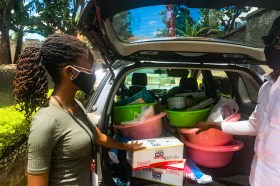
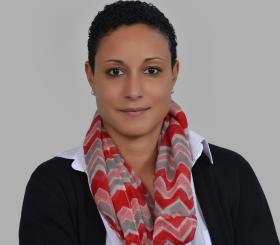
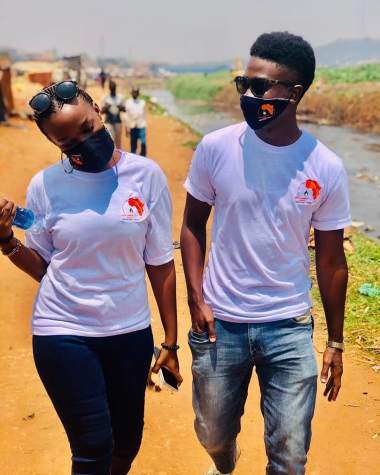
/cloudfront-eu-central-1.images.arcpublishing.com/prisa/X33WQ3GSYFF3DBKJDAVIGHN3DA.jpg)
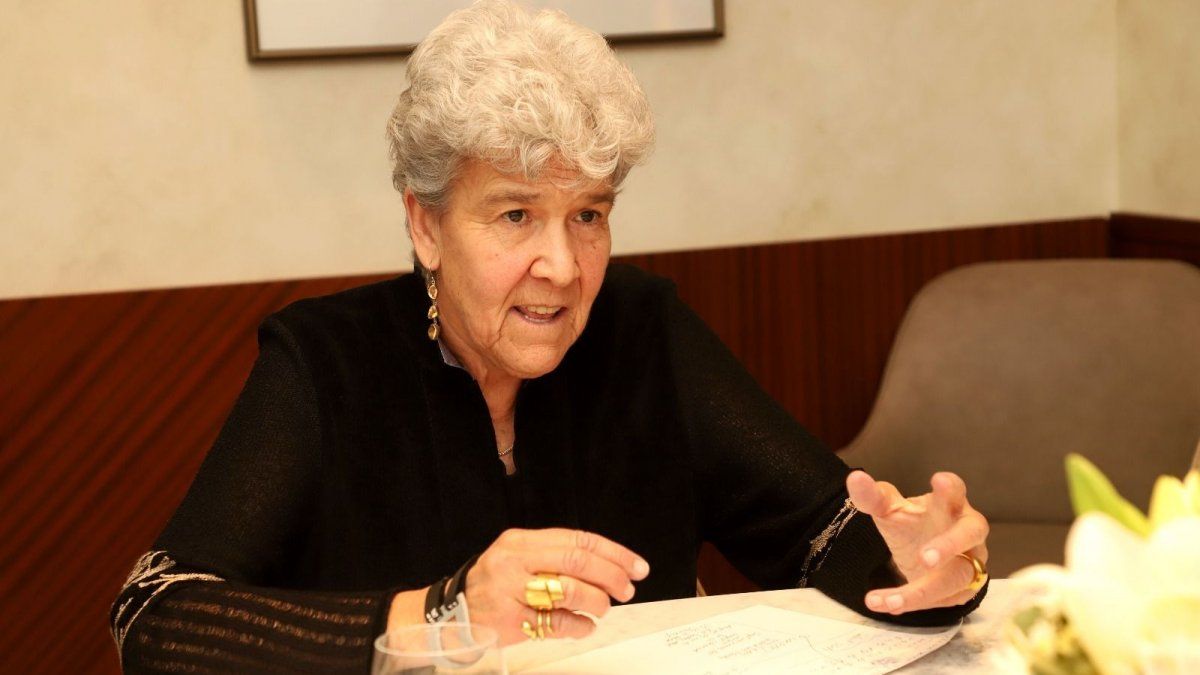

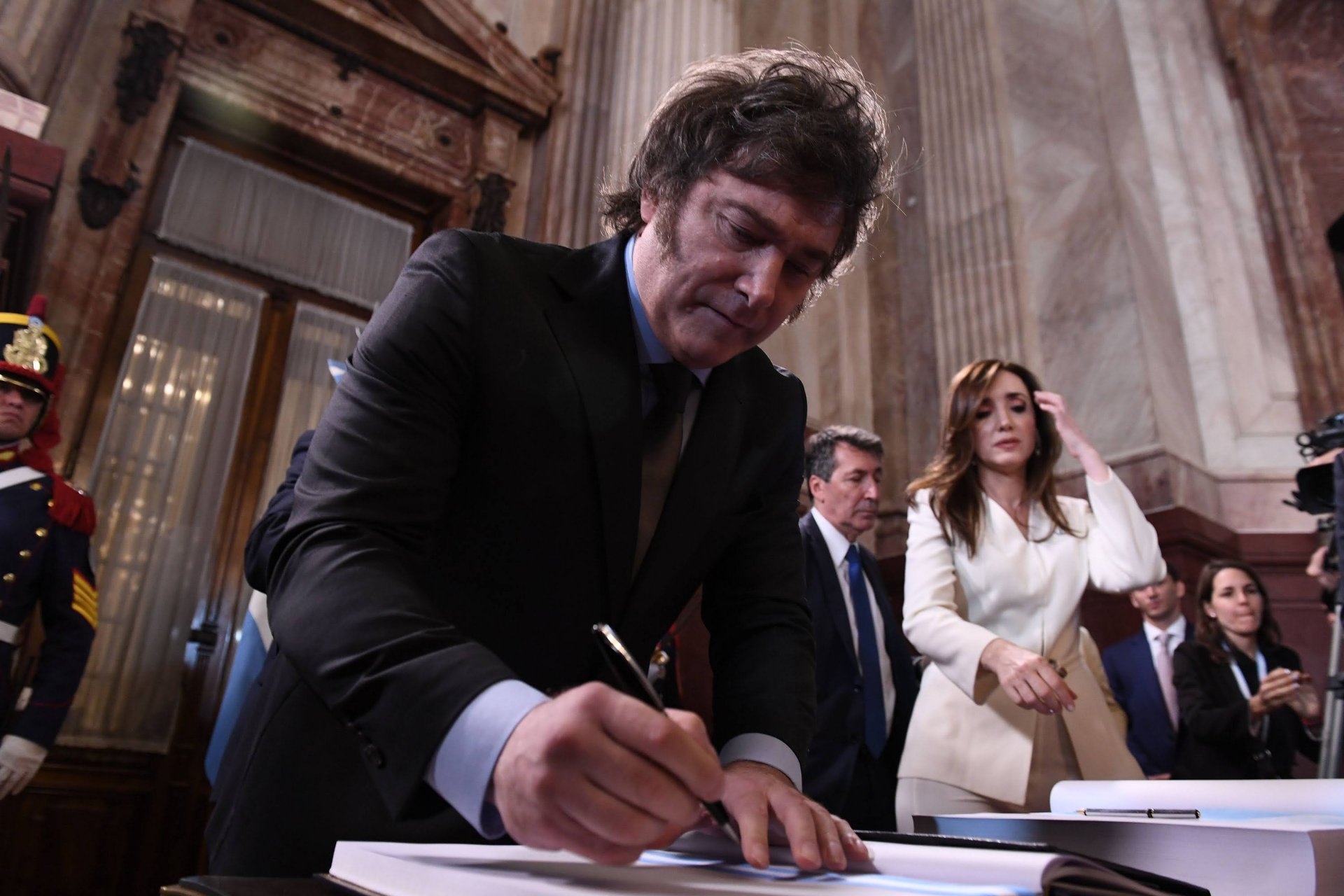
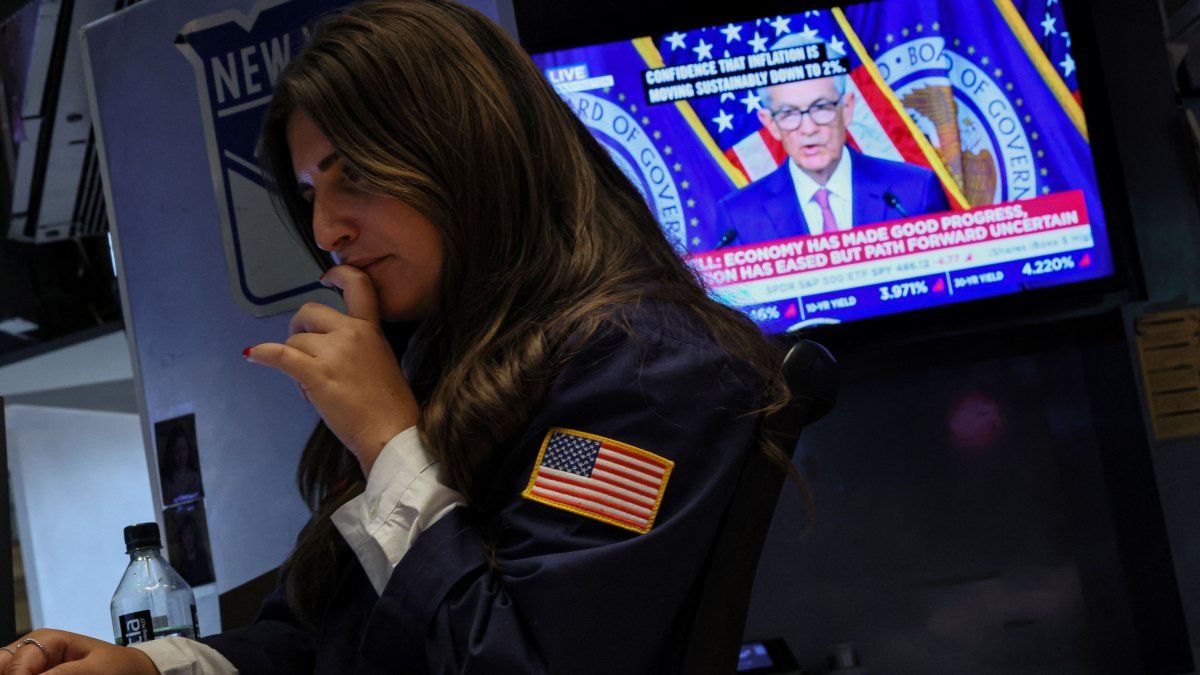




:quality(75)/cloudfront-us-east-1.images.arcpublishing.com/elcomercio/4RVP2XAGIRGJ5MSXST53STHBKI.jpg)